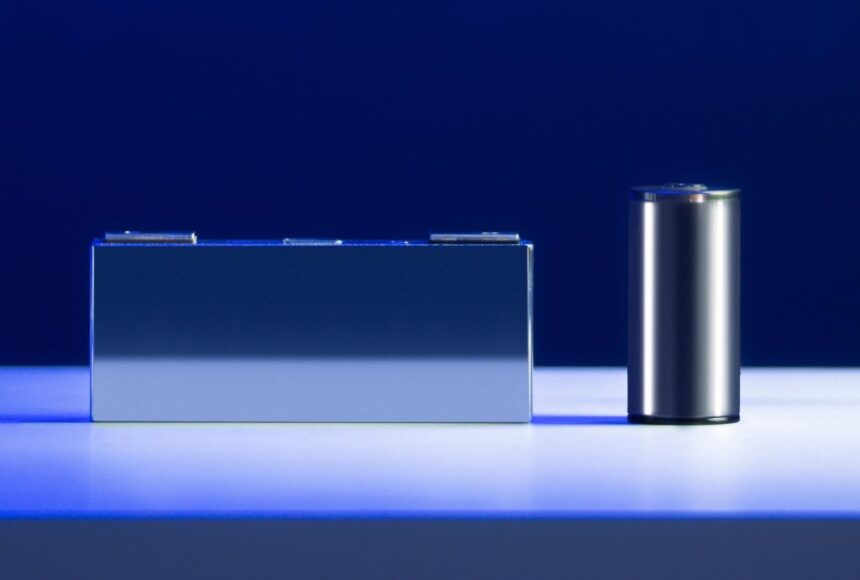Revolutionizing Battery Technology with Nuclear Batteries
Have you ever experienced the frustration of your cell phone dying unexpectedly or your electric vehicle running out of charge before reaching your destination? The rechargeable lithium-ion (Li-ion) batteries that power these devices have a limited lifespan, requiring frequent recharging as they degrade over time. However, researchers are now exploring the potential of using radiocarbon to create safe, small, and long-lasting nuclear batteries that could revolutionize the way we power our devices.
Professor Su-Il In from the Daegu Gyeongbuk Institute of Science & Technology will be presenting his groundbreaking research at the upcoming spring meeting of the American Chemical Society (ACS). With the increasing demand for long-lasting batteries in our connected world, the development of nuclear batteries could offer a sustainable solution to our energy needs.
Unlike traditional Li-ion batteries, which have limitations in terms of performance and environmental impact, nuclear batteries harness the power of high-energy particles emitted by radioactive materials. By utilizing beta particles that can be safely shielded, researchers are exploring betavoltaic technology as a promising alternative to lithium-based batteries.
The team led by Professor In has developed a prototype betavoltaic battery using carbon-14, a radioactive isotope of carbon known as radiocarbon. This material, which is readily available as a by-product of nuclear power plants, offers a long-lasting source of energy that could potentially last for millennia. By incorporating radiocarbon into both the anode and cathode of the battery, the researchers have increased energy conversion efficiency and improved overall performance.
During testing of the prototype battery, the team observed a significant increase in energy conversion efficiency compared to previous designs. By optimizing the shape of the beta-ray emitter and enhancing beta-ray absorbers, the researchers believe that further improvements can be made to increase power generation and performance.
These innovative nuclear batteries have the potential to revolutionize a wide range of applications, from powering drones and remote-sensing equipment to providing long-lasting energy sources for medical devices like pacemakers. With the ability to generate electricity from a safe and sustainable source, nuclear batteries could transform the way we power our devices for years to come.
As concerns about climate change continue to grow, the perception of nuclear energy is evolving. By developing small-scale nuclear batteries that can fit into devices as small as a finger, Professor In and his team are paving the way for a new era of clean and efficient energy technology.





